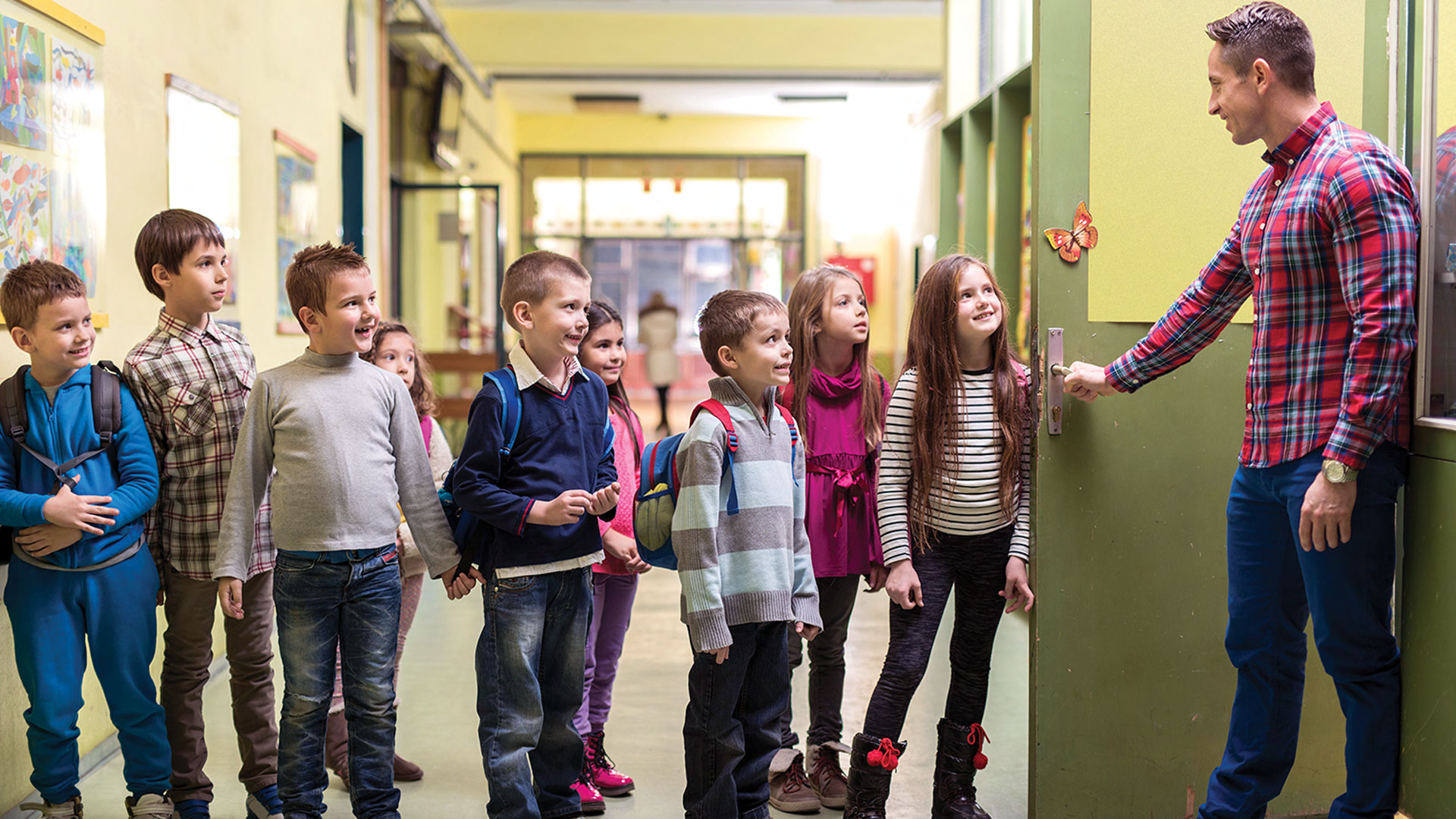Strategies to Help Students with Back-to-School Anxiety and ADHD: Ice Breakers

Today I received a note from a parent whose neurodivergent son had a difficult time in school last year. The father was so excited that his son’s special education teacher reached out to introduce herself before the new school year began. The teacher wanted to build a positive relationship with the student and their family, and that contact meant so much to them.
It took me back to my time as a teacher. As soon as I got my class list, I arranged to go to the parents’ homes to introduce myself and to relieve anxiety for the child who was nervous about returning to school and working with a new teacher. I also invited the parents and the student to visit my classroom before the school year officially began so they could see what the room looked like and preview the exciting things I had planned for the year.
Welcoming students early and setting the tone for a successful school year can take many forms. Here are some actions teachers can take to build positive relationships from Day One.
1. Write an introductory letter to the student before the start of the school year. Tell them a bit about yourself and how eager you are to have them in your class.
2. Invite the student and parent to write a personal note so you know them better before the year gets under way. Invite the student to include a photo, then hang everyone’s photos in the classroom. Alternatively, you can snap photos of your students on the first day of school.
3. Send a survey to the child prior to the start of the school year, asking them about their favorite foods, TV shows, games, videos, school subjects, and so on. This information can seed a book for each student that you will help them to create.
4. Have each student develop a PowerPoint or a collage about themselves and their passions.
5. Build relationships by using the students’ names in lectures and in assignments. Students love to hear their names in a positive way.
6. To build camaraderie, play “two truths and a lie,” where each student writes three personal facts, one of which is not true. Other students figure out which statement is a lie.
These are just some examples of how you can develop relationships with your students. The more you get to know them, and the topics that interest them, the better. When our students feel accepted by us, and know that we care, we can reach and teach them best.
Beverley Holden Johns is an author and learning and behavior consultant. She has more than 30 years’ experience working with students who have learning disabilities and emotional/behavioral disorders.
CELEBRATING 25 YEARS OF ADDITUDE Since 1998, ADDitude has worked to provide ADHD education and guidance through webinars, newsletters, community engagement, and its groundbreaking magazine. To support ADDitude’s mission, please consider subscribing. Your readership and support help make our content and outreach possible. Thank you.




